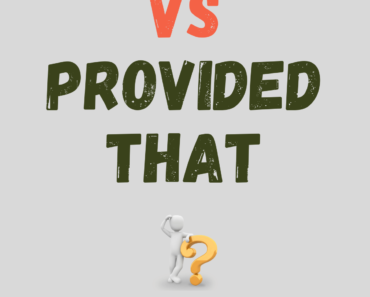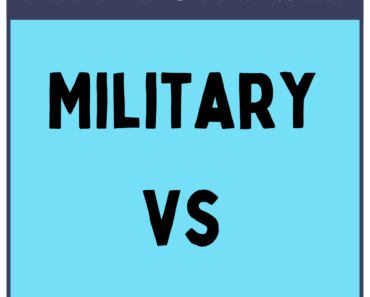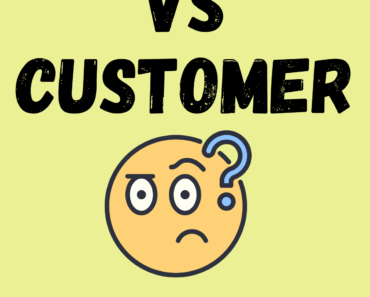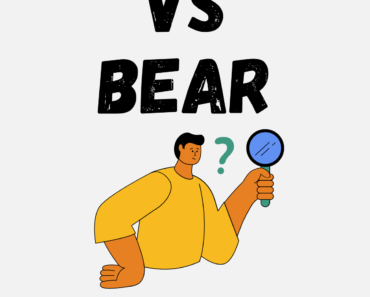What and Whatever are two words that can seem similar but serve different functions and convey distinct meanings in English. The primary difference lies in their specificity and the extent of options they refer to.
What is used to ask about specific information within a known range or context. It seeks precise details or clarification. Conversely, Whatever is much broader and often implies a lack of restriction in choice or type. It can express indifference, imply any range of things without limitation, or be used to introduce relative clauses.
Definition and Usage of “What”
Definition: “What” is an interrogative pronoun used to ask for specific information about something. It is also used as a relative pronoun to define or specify something mentioned previously.
Usage:
- Interrogative Pronoun:
- Example: What did you eat for breakfast?
- Explanation: Here, “what” is used to inquire about specific details regarding breakfast.
- Relative Pronoun:
- Example: I remember what you said yesterday.
- Explanation: “What” introduces a clause that provides more information about the remembered thing.
Definition and Usage of “Whatever”
Definition: “Whatever” is a compound word combining “what” with “ever,” used as a pronoun, determiner, or adverb to refer to anything or everything, regardless of what it might be.
Usage:
- Indifference:
- Example: Choose whatever you like.
- Explanation: This expresses a complete openness to any choice without preference.
- Inclusivity:
- Example: Whatever happens, we’ll be prepared.
- Explanation: “Whatever” here refers to any possible event or outcome, emphasizing readiness for all scenarios.
- Relative Pronoun (informal):
- Example: Whatever book you decide to read will be fine.
- Explanation: It is used to introduce a relative clause, indicating any choice made is acceptable.
Understanding the nuances between “what” and “whatever” helps clarify communication, ensuring that the intended meaning is conveyed accurately, whether specifying details or expressing indifference.







